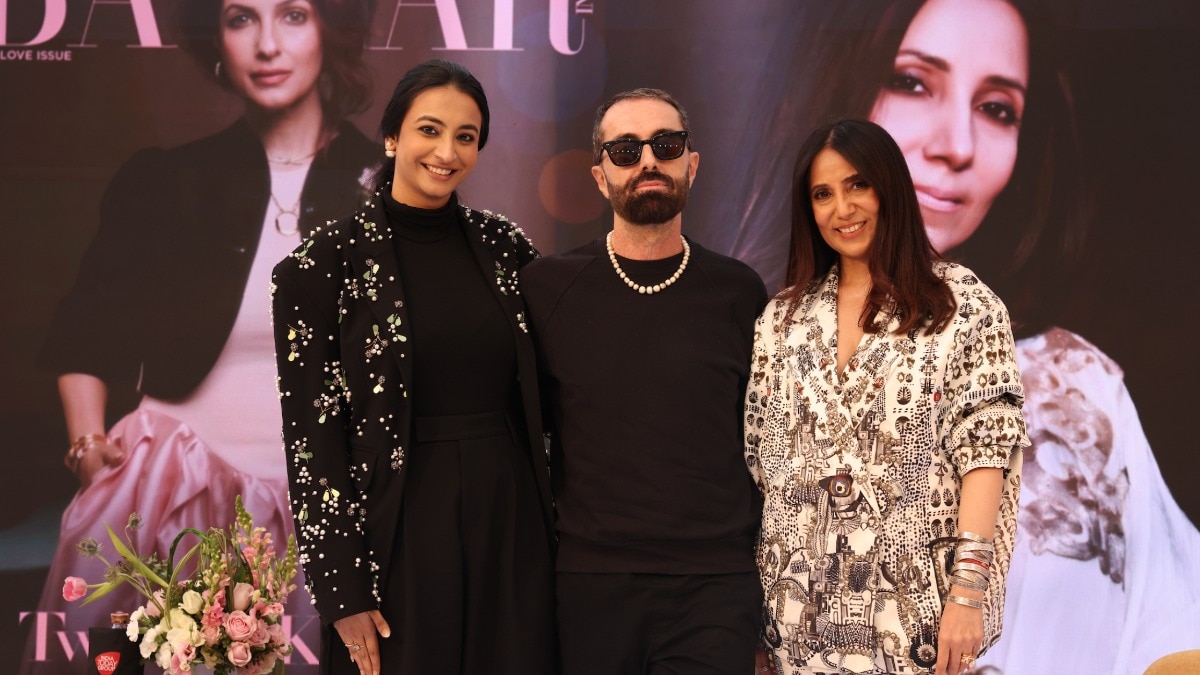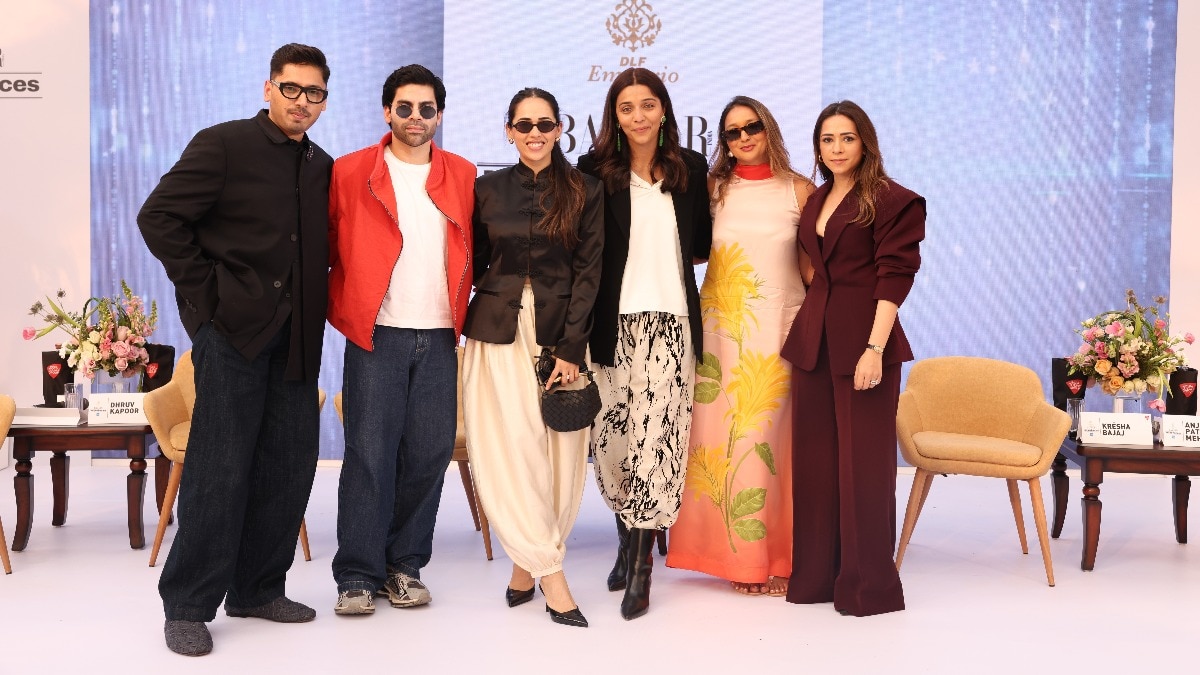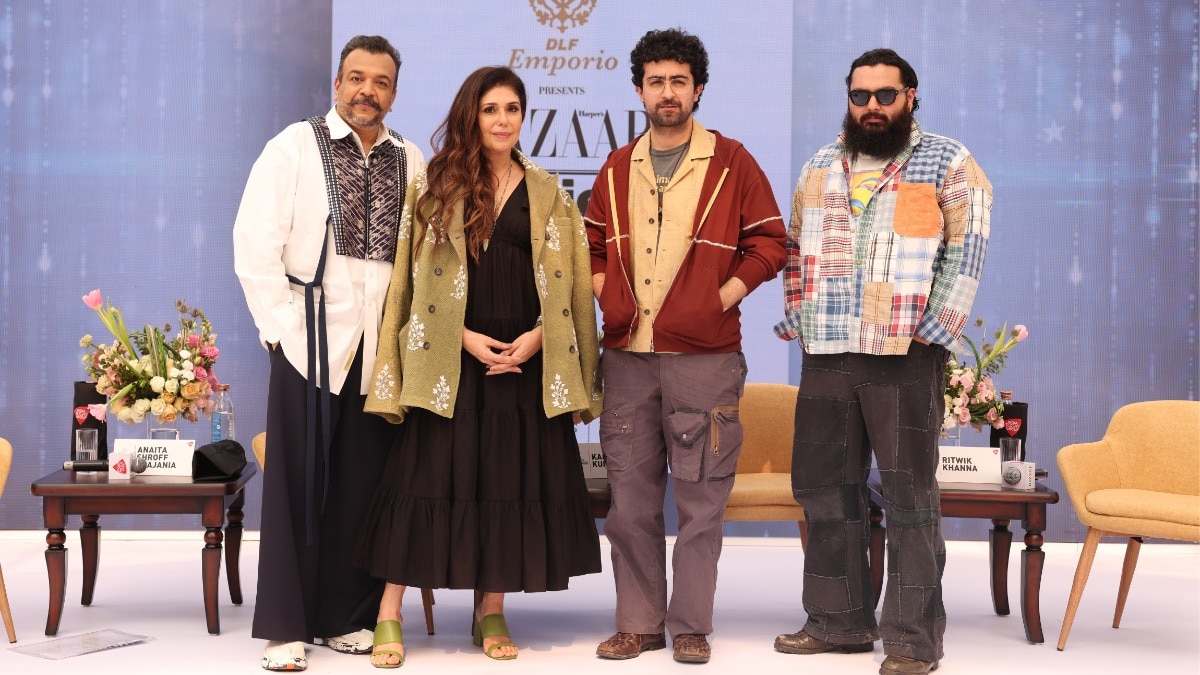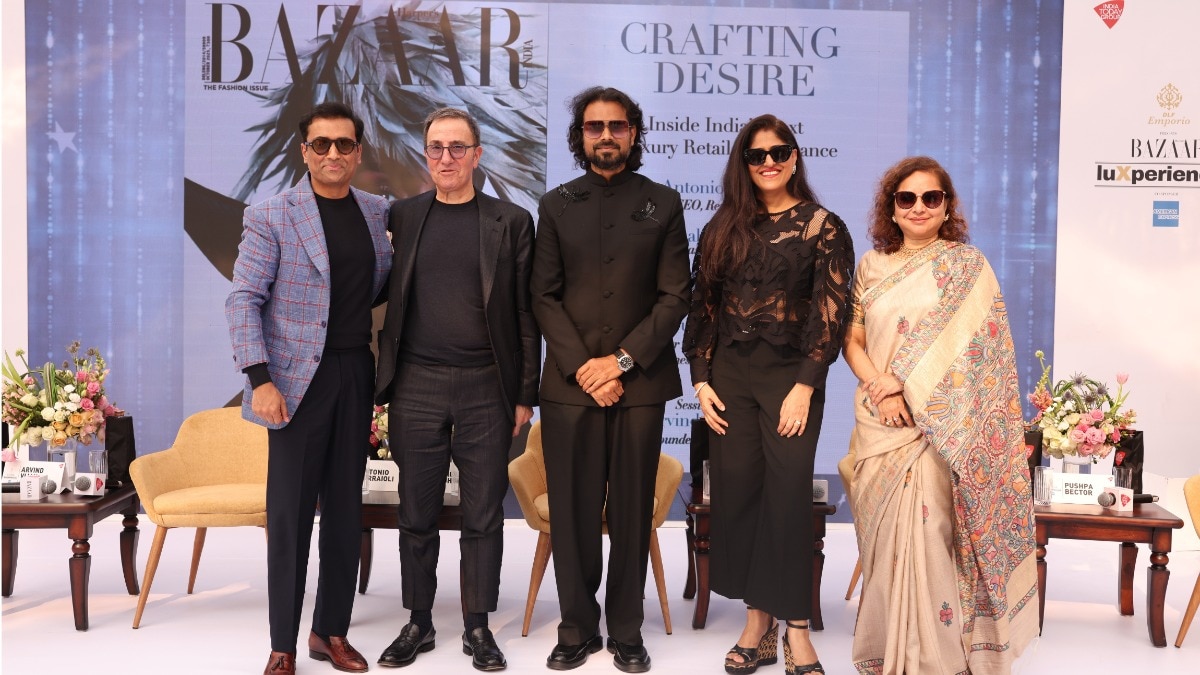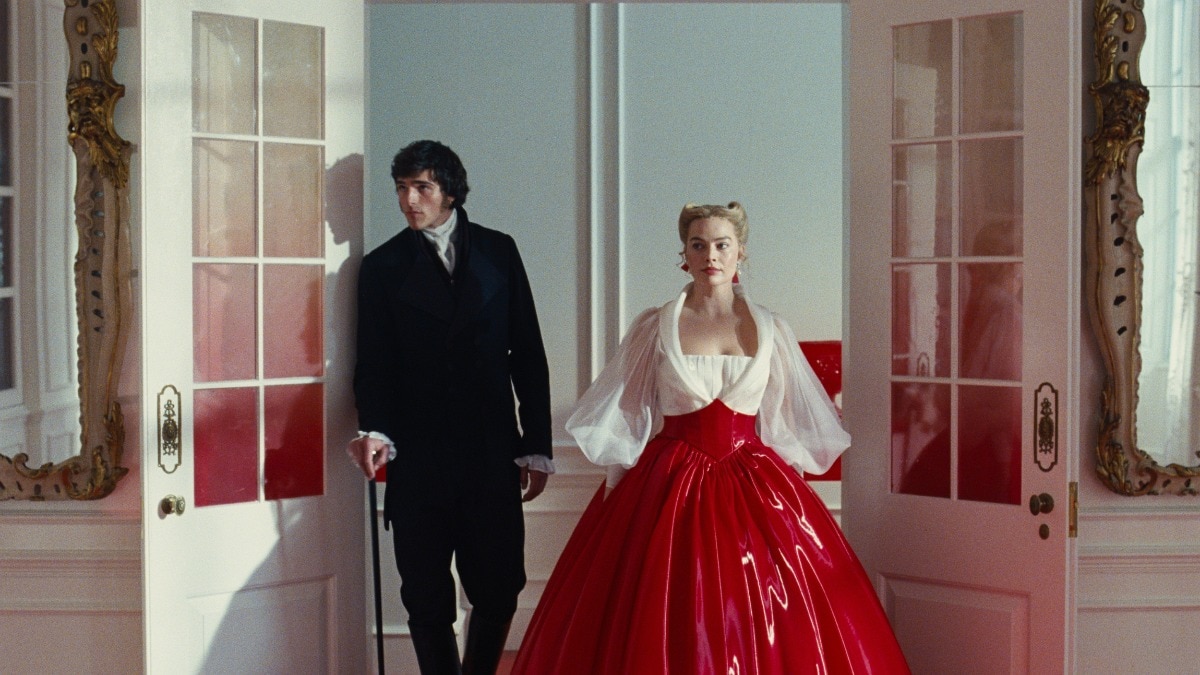
What does the GenZ really want?
One minute, they’re embracing the circular economy; the next, they’re cycling through ultra-fast-fashion trends faster than you can say TikTok.


My generation is a paradox. We love ‘quiet luxury’ but also spearheaded the maximalist party dressing that defined much of last year. We adore vintage clothing and are adamant that our clothing be sustainable, but indulge in microtrends and love fast-fashion.
Born between 1997 and 2012, Gen Z is the current apple of marketing’s eye. As we hit adulthood, fashion wants to know how to get our attention. To do that, they have to define us. But putting a whole 15-year age bracket into a box is tricky. We came of age in a world shaped by three major factors: the climate crisis, technology and the pandemic. The oldest Gen Zers were born 10 years before the invention of the iPhone. The youngest, only a year before Instagram launched. We are the most connected generation in history. Perhaps, we’re also the most misunderstood.
No matter where you turn, no-one seems to be able to define ‘Gen Z style’. Pop culture has tried. There was The White Lotus’ fast-fashion-clad Portia, Heartbreak High’s environmentally conscious Sasha and Euphoria’s Jules, who went nowhere without a smattering of glitter; all three characters encapsulations of the multitudes that represent Gen Z. The media also tried its hand, circulating articles dubbing us the ‘sustainability generation’ and asking if Gen Z “will ever give up its dangerous obsession with fast-fashion?”
You’ve heard the stereotypes and the jokes—Gen Z will cancel you for using a plastic water bottle and crucify you for wearing last year’s trends. While that’s a touch extreme, it is true we do care about sustainability. One report from IBM notes 55 per cent of Gen Z are attracted to eco-friendly or socially responsible brands, and another report from Forbes indicates we’re willing to spend 10 per cent more on sustainable products.
When I ask Maya Penn—a 23-year-old author and TED speaker who has been in the sustainability space since she was eight and worked with Coach on its sustainability initiative, Coachtopia—if she thinks the assumption that Gen Z is more environmentally conscious is accurate, it’s a resounding “Absolutely, yes.”
“Gen Z tends to be more conscious of the importance of environmental stewardship. While this knowledge has translated into a lot of amazing and innovative action, that also isn’t always the case,” she says. “On one hand, Gen Z is very passionate about shopping at thrift stores, supporting small businesses online, DIYing, and has grown up with more access to information around sustainable living. On the other hand, there is also a lot of confusion and fatigue among shoppers of all generations about what is truly sustainable and ethical.”

Perhaps the biggest threat to the generation’s eco-warrior reputation is fast-fashion. “I think Gen Z is more environmentally conscious (than other generations), but it doesn’t mean we’re putting it into action,” notes 25-year-old content creator Tara Chandra. “It also comes down to accessibility. (Fast-fashion is) affordable. And Gen Z probably won’t have as much disposable income (as older people).”
A 2021 Rest of World investigation found fast-fashion giant Shein added up to 10,000 styles to its app every day between July and December that year. It boasts one of the most downloaded fashion mobile apps, a dedicated TikTok following (#sheinhaul has 11.8 billion views on the app), and, according to research from Piper Sandler, is one of Gen Z’s favourite e-commerce sites.
Today, trends move quicker than ever, and Matilda Coy, a trends and culture consultant, notes there are no clear fashion seasons anymore. Thanks to social media, content creators can inspire users globally, so winter trends in America infiltrate summer trends in Australia, and vice-versa.
Penn and Chandra note that trends and sustainability can co-exist—to an extent. Penn points out that trends and change are “natural to our existence and self-expression as humans. I think the problem comes in when the lifespan of trends are cut so abruptly short, when they’re weaponised to pressure people to buy, buy, buy and stay relevant or face being ‘so last year.’”
The paradox is increasingly evolving, too. Even if a portion of our generation rejects sustainability, it is important to enough of us that brands have to change. Simply due to necessity, fast-fashion will never be redundant, but the structures of high-street and designer brands are already beginning to shift: to slow down. Ultimately, the style codes that will come to define Gen Z are yet to be definitively determined. But without question, whether we allow the unchecked reign of fast-fashion to continue or make dedicated steps toward sustainability, the decisions of this generation—and wider fashion’s receptiveness of them—will define the planet’s future.
This piece originally appeared in the September 2023 print edition of Harper's Bazaar Australia.



